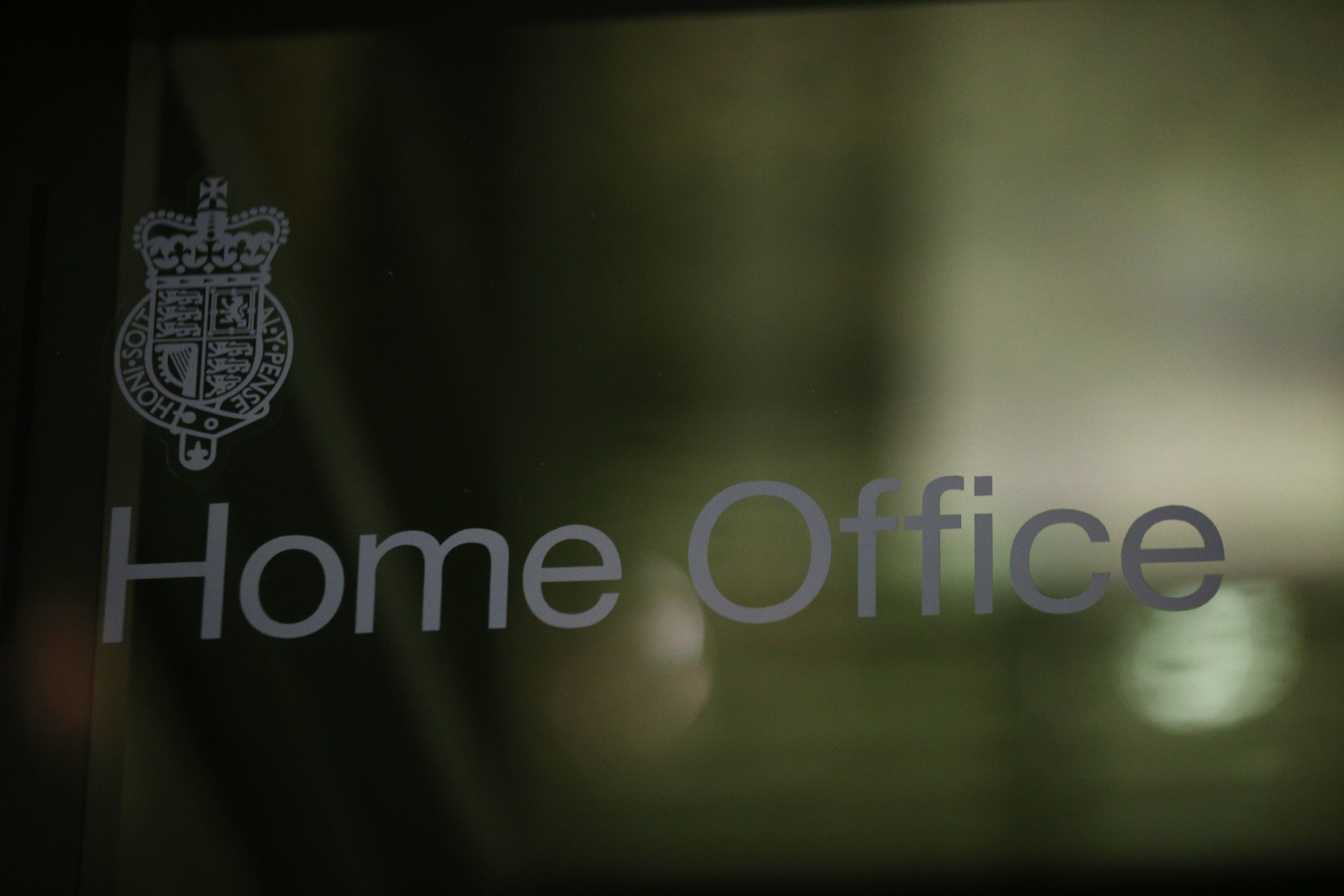Changes needed so Windrush payout scheme is ‘efficient and effective’ – report
Martin Levermore, the Government’s independent adviser on Windrush, acknowledged there had been criticism of the scheme.

Your support helps us to tell the story
From reproductive rights to climate change to Big Tech, The Independent is on the ground when the story is developing. Whether it's investigating the financials of Elon Musk's pro-Trump PAC or producing our latest documentary, 'The A Word', which shines a light on the American women fighting for reproductive rights, we know how important it is to parse out the facts from the messaging.
At such a critical moment in US history, we need reporters on the ground. Your donation allows us to keep sending journalists to speak to both sides of the story.
The Independent is trusted by Americans across the entire political spectrum. And unlike many other quality news outlets, we choose not to lock Americans out of our reporting and analysis with paywalls. We believe quality journalism should be available to everyone, paid for by those who can afford it.
Your support makes all the difference.The Windrush compensation scheme has “structural weaknesses” and needs reform so it can be “efficient and effective”, according to a report.
Martin Levermore, the Government’s independent adviser on Windrush, acknowledged there had been criticism of the scheme from a “variety of quarters” but said overall that it is “delivering.”
In a report published on Thursday he said: “Whilst there are some structural weaknesses in the scheme, I have observed that the department is diligently working to refine processes that will lead to greater efficiency and productivity.”
Describing the Home Office as having “robust procedures, systems, and checks and balances in place”, he added: “Overall, the scheme is delivering, and lives have been changed but the scheme now needs to become more efficient and effective through appropriate reforms.”
Whilst there are some structural weaknesses in the scheme, I have observed that the department is diligently working to refine processes that will lead to greater efficiency and productivity
The latest figures show the Home Office had paid out more than £37 million on 993 claims by the end of February, out of a total 3,618 claims submitted so far.
Some 285 claims have been made for people who have already died and only 14 have currently resulted in payments so far.
Appeals have been made against decisions in almost 500 cases, while 636 eligible applicants were told they were not entitled to any money because their claims did not demonstrate they had been adversely affected by the scandal.
There have been 193 claims rejected on eligibility grounds.
The Home Secretary previously scrapped the deadline to submit Windrush compensation claims, meaning people can continue to apply after April 2023 when the scheme was initially due to end.
At the same time Priti Patel rejected calls for the scheme to be taken out of the hands of the Home Office.
Mr Levermore said he did not think it was necessary for a “complete redrafting” of the scheme and found that removing the project from the Home Office would “risk significantly delaying payments to those affected and in certain respects diminish effective scrutiny.”
He added: “There is a real opportunity for the scheme to make effective change and restitution to peoples’ lives, but this can only be achieved through improved communication channels between Home Office and claimants, expressed concerns being dealt with at the earliest opportunity, and clear explanations given if there are any inconsistencies in opinions between parties.”
Home Office immigration minister Kevin Foster said more than £45 million had been “paid or offered” to Windrush victims and thanked Mr Levermore for his work.
“We will continue working closely together to make sure it is as efficient as possible and everyone eligible for compensation, receives it,” he said.
The scandal erupted in 2018 when British citizens, mostly from the Caribbean, were wrongly detained, deported or threatened with deportation, despite having the right to live in Britain.
Many lost homes and jobs and were denied access to healthcare and benefits.
Over the last few months an independent review has been carried out to determine whether improvements have been made in the Home Office since the Windrush scandal.
The findings are anticipated to be published soon.